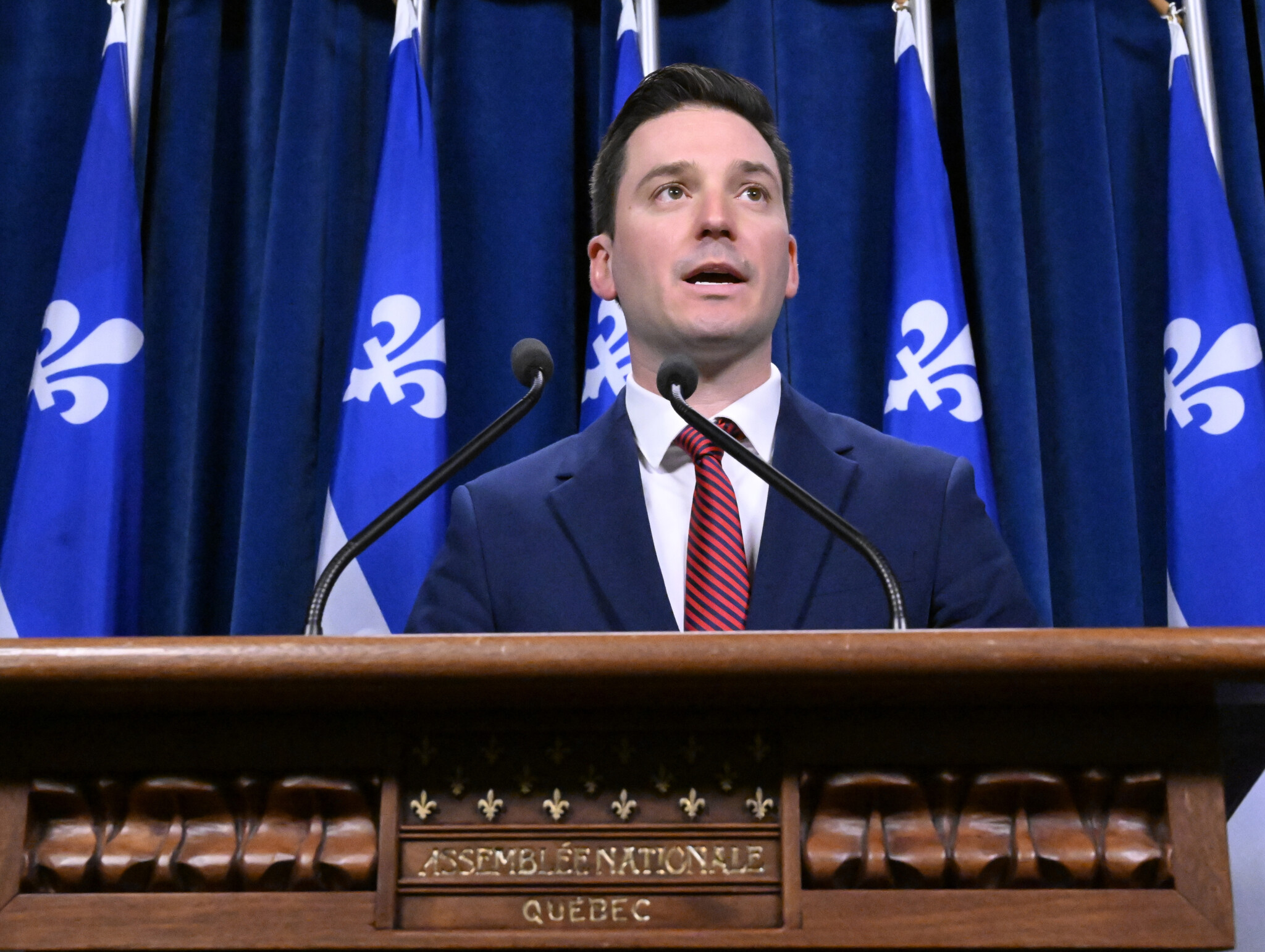The province of Quebec has the highest rate of euthanasia deaths in the world. In 2022, deaths by Medical Assistance in Dying (MAID) in Quebec totaled 6.6 percent of all deaths in the province—a full 2.5 percentage points higher than the Canadian average of 4.1 percent. And Quebec is now committed to allowing MAID providers to violate Canada’s Criminal Code when it comes to advance requests.
Under Canadian criminal law, MAID is an exception to homicide. This means a person who provides MAID in accordance with the regulations is committing non-culpable homicide. Justice Colin Feasby of the Alberta Court of King’s Bench recently addressed jurisdictional questions in WV v. MV, writing, “The MAID provisions of the Criminal Code establish a minimum standard that medical professionals must adhere to if they are to avoid criminal liability.” Criminal law sets a floor, not a ceiling, for MAID eligibility and safeguards.
While some of the rules around MAID in the Criminal Code are vague and subject to interpretation, the Code clearly prohibits advance requests.
Prior to administering MAID, a medical professional must ensure that the patient has given express consent and has an opportunity to withdraw their request. There are some exceptions through the waiver of final consent, but these only apply if the patient has already been assessed and approved for MAID but risks losing capacity before the day they are euthanized.
Advance requests, on the other hand, would allow a person who does not currently want to be euthanized to outline circumstances under which he or she would want to die at some point in the future. A written document would specify those circumstances. For example, a person diagnosed with dementia could outline what circumstances would cause them to want to die after their condition has worsened.
Quebec has been pressuring the federal government to permit advance requests, particularly since the province included provisions for advance requests in a 2023 law. Since the federal government is unwilling to do so, the province has decided to move forward anyway and will allow advance requests as of October 30, despite the continued Criminal Code prohibition.
Quebec should be cautioned by troubling trends around MAID. The president of the commission on end-of-life care notes that MAID is no longer a last resort in Quebec but is becoming very common.
In 2022-2023, the commission on end-of-life care reported that there were 23 cases of non-compliance with MAID regulations and gave notice of these cases to the regulatory college. In a response, the president of the regulatory college stated that over 99 percent of MAID deaths were administered according to the regulations and that the college would ensure that nothing discourages physicians from administering MAID.
Note that in 19 of these cases, the commission believed that the patient did not have a serious and incurable illness. This is not simply a minor requirement for eligibility.
Now add to that Quebec’s decision to allow doctors to violate Canada’s Criminal Code. Quebec’s law enforcement agency and medical regulatory bodies approve and will not penalize doctors for allowing advance requests. Such a decision may encourage a further culture of neglect, not just for patients with cognitive disabilities, but also for other existing regulations.
There is good reason for advance requests to remain illegal in Canada, despite already being one of the most permissive jurisdictions in the world when it comes to euthanasia.
A person may give an advance request based on the present fear of a future condition (e.g. advanced dementia) that they have never experienced—even though they might not, when that future condition arrives, actually wish to die. When a person writes an advance request, they do not know exactly what the future will bring. That person might instead be able to come to terms with the situation and live well in spite of it.
With advance requests, we risk euthanizing patients who do not want to die. Advance requests ignore the possibility that a person’s wishes and desires might change and that in the future they may no longer want to be euthanized but may be unable to communicate that. It also requires subjectivity on the doctor’s part about whether the patient has reached the point outlined and whether they are suffering as described in the advance request.
If doctors suggest that a patient consider signing an advance request, it sends a message that the lives of persons who have lost medical decision-making capacity are not worth living and devalues their lives.
Federal and provincial governments ought to resist the urge for further expansion of MAID and must not allow doctors to end the lives of their patients without their current consent. Advance requests are not only prohibited but set a dangerous precedent in a country where rates of euthanasia are the most rapidly expanding in the world.










